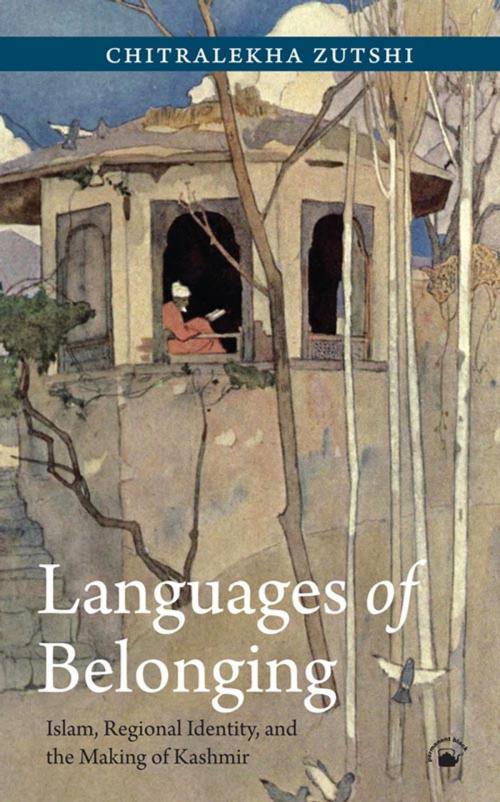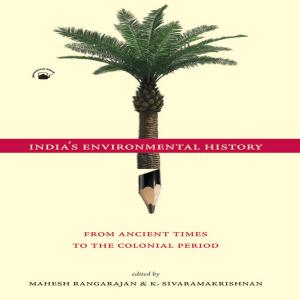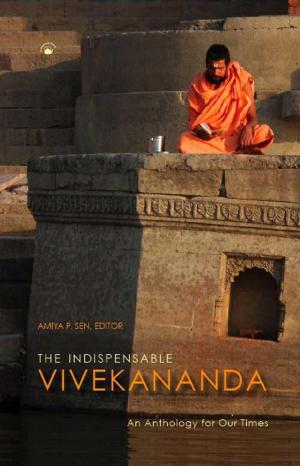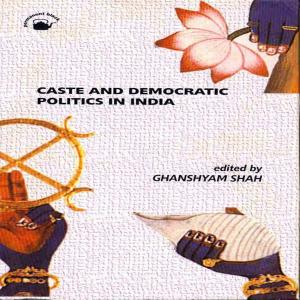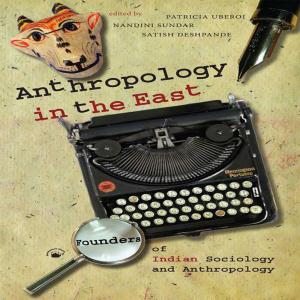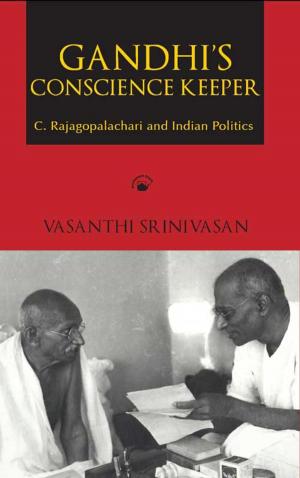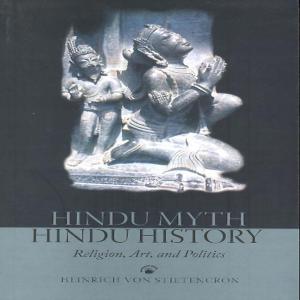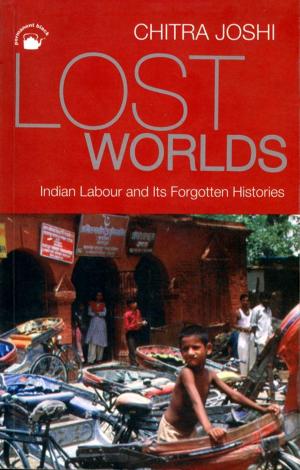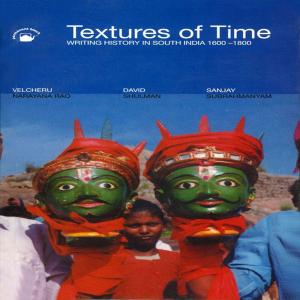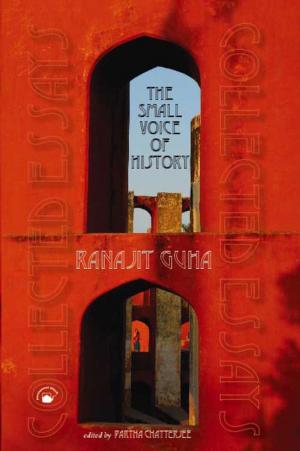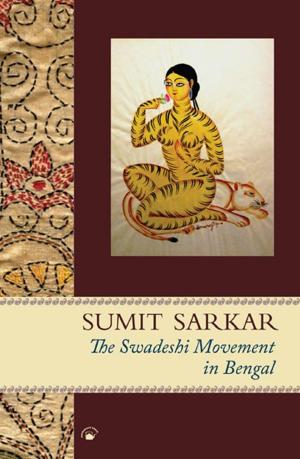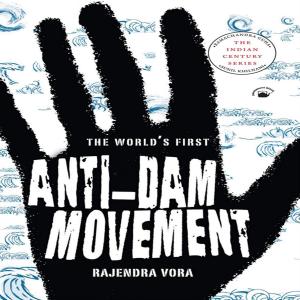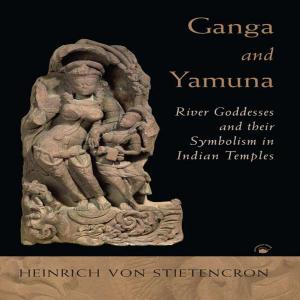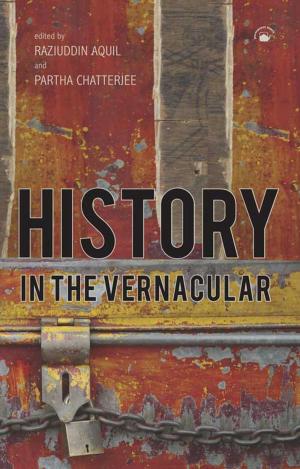Languages of Belonging
Islam, Regional Identity, and the Making of Kashmir
Nonfiction, History, Reference, Historiography, Asian, India| Author: | Chitralekha Zutshi | ISBN: | 9788178244020 |
| Publisher: | Permanent Black | Publication: | November 15, 2012 |
| Imprint: | Language: | English |
| Author: | Chitralekha Zutshi |
| ISBN: | 9788178244020 |
| Publisher: | Permanent Black |
| Publication: | November 15, 2012 |
| Imprint: | |
| Language: | English |
Despite its centrality to the political life of India and Pakistan, Kashmir has met with rather perfunctory treatment from historians of South Asia. The few works of history and politics that have appeared on this region, moreover, insist on defining Kashmiri culture, history and identity in terms of the ahistorical concept of Kashmiriyat, or a uniquely Kashmiri cultural identity. This book, in contrast, questions the notion of any transcendent cultural uniqueness and Kashmiriyat by returning Kashmir to the mainstream of South Asian historiography. It examines the hundred-year impact of indirect colonial rule on Kashmir's class formation. It looks at the responses of Kashmir's society to social and economic restructuring. It studies the uses made of Kashmir's political elites by the state. It analyses the effect of Islamic discourse on Kashmir's political culture. It shows that while all these historical changes had a profound impact on the political culture of the Kashmir Valley, there is nothing either very inevitable or quite definite about the 'political regionalism' and 'Islamic particularism' of this area. To read this book is to see the changing relationship between, on the one hand, the actual needs and demands of Kashmiris, and, on the other, their religious affiliations and regional identities. The emergence of a political discourse among the region's Muslimsby which they now define and locate a coherent Kashmiri Muslim community within the larger framework of Islam, Kashmir, India and Pakistanhas never been made clearer.Using local language sources and every important archive, this is a major history of the formation of Kashmir as we know it today. It shows us precisely how the Kashmir Valley was transformed over a hundred years and assumed the position it has come to occupy in contemporary South Asia.
Despite its centrality to the political life of India and Pakistan, Kashmir has met with rather perfunctory treatment from historians of South Asia. The few works of history and politics that have appeared on this region, moreover, insist on defining Kashmiri culture, history and identity in terms of the ahistorical concept of Kashmiriyat, or a uniquely Kashmiri cultural identity. This book, in contrast, questions the notion of any transcendent cultural uniqueness and Kashmiriyat by returning Kashmir to the mainstream of South Asian historiography. It examines the hundred-year impact of indirect colonial rule on Kashmir's class formation. It looks at the responses of Kashmir's society to social and economic restructuring. It studies the uses made of Kashmir's political elites by the state. It analyses the effect of Islamic discourse on Kashmir's political culture. It shows that while all these historical changes had a profound impact on the political culture of the Kashmir Valley, there is nothing either very inevitable or quite definite about the 'political regionalism' and 'Islamic particularism' of this area. To read this book is to see the changing relationship between, on the one hand, the actual needs and demands of Kashmiris, and, on the other, their religious affiliations and regional identities. The emergence of a political discourse among the region's Muslimsby which they now define and locate a coherent Kashmiri Muslim community within the larger framework of Islam, Kashmir, India and Pakistanhas never been made clearer.Using local language sources and every important archive, this is a major history of the formation of Kashmir as we know it today. It shows us precisely how the Kashmir Valley was transformed over a hundred years and assumed the position it has come to occupy in contemporary South Asia.
